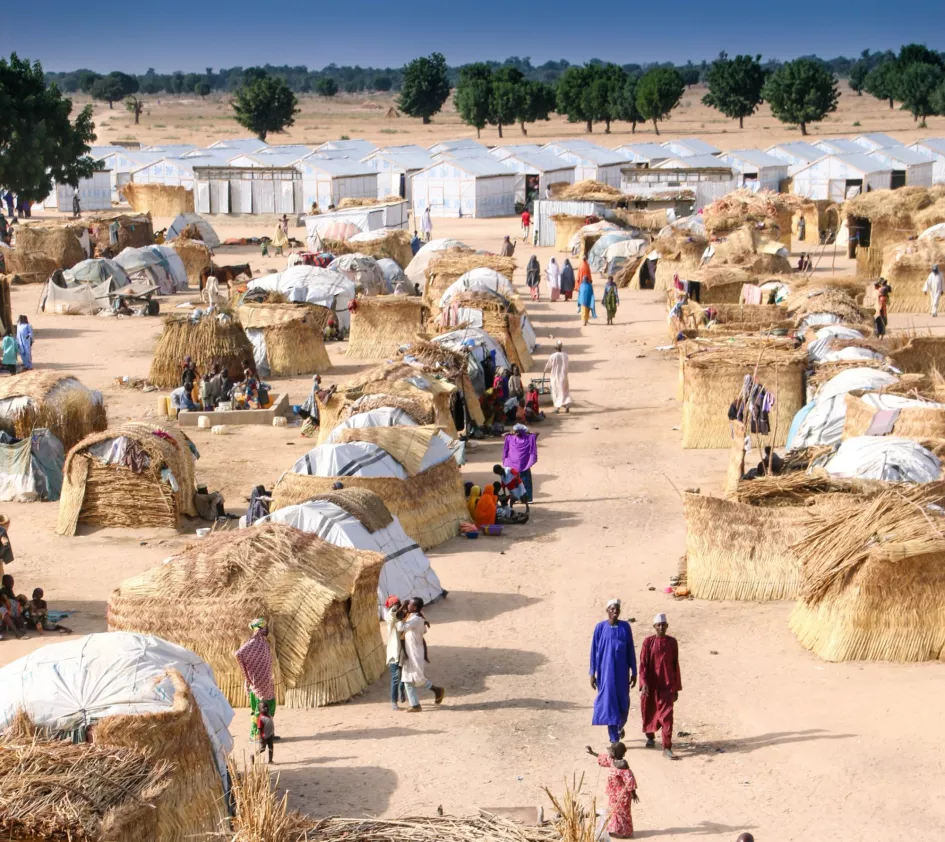The paper draws on interviews with practitioners, as well as evidence from selected projects. The aim is to demonstrate the key obstacles to building resilience in protracted crisis situations through a food systems approach that are rooted within the current aid architecture. We also present the Food & Nutrition Security REsilience PROgramme (FNS-REPRO, hereafter REPRO). This is an example of how to operationalise a food system approach to build resilience for improved FNS outcomes. Furthermore, we conclude that structural reforms in aid architecture are required for using an integrated food system resilience approach for humanitarian, development, and peace actors.

Background paper: building resilient food systems in protracted crises
It is critical to address food insecurity in protracted crisis contexts if 'Zero Hunger', the second Sustainable Development Goal (SDG), is to be achieved. This paper argues for a shift from a siloed to an integrated food system approach, building food system resilience in areas that are vulnerable to the impact of shocks and stressors that threaten development outcomes.
8 November 2021
Background paper
About resilient food systems
Through the use of four cases from the Horn of Africa, and by highlighting the complex challenges faced by organisations in implementing interventions in protracted crisis settings, the authors show how the aid architecture is evolving, and how an integrated food system resilience approach can create added value.
